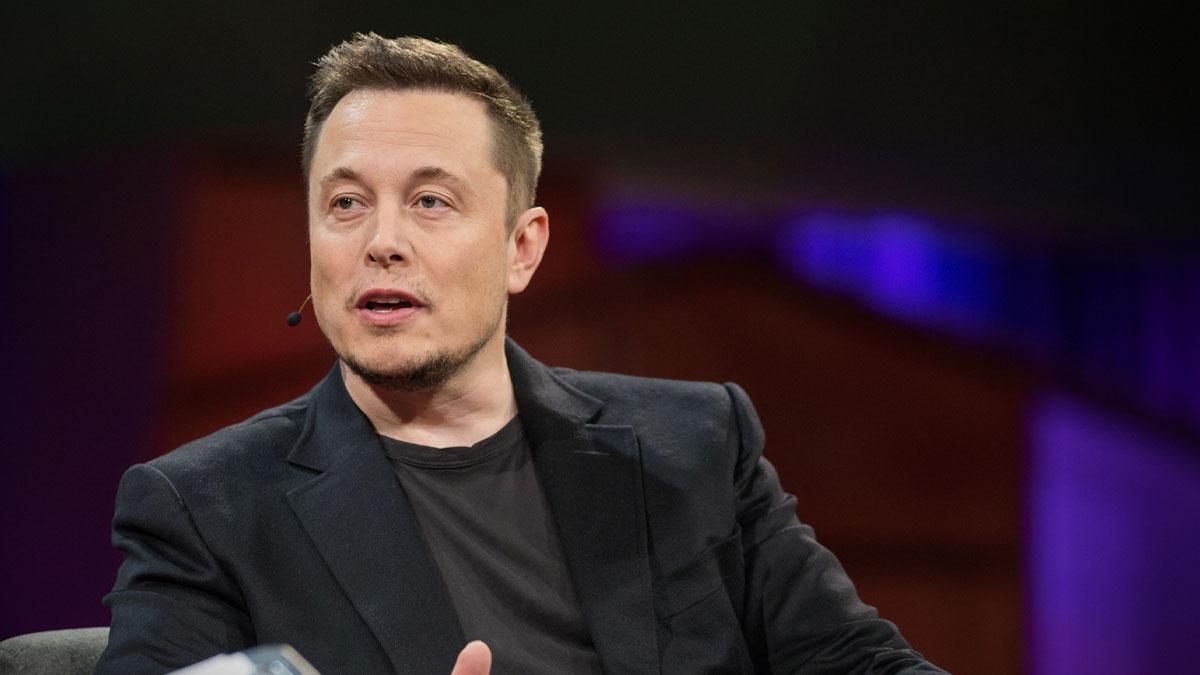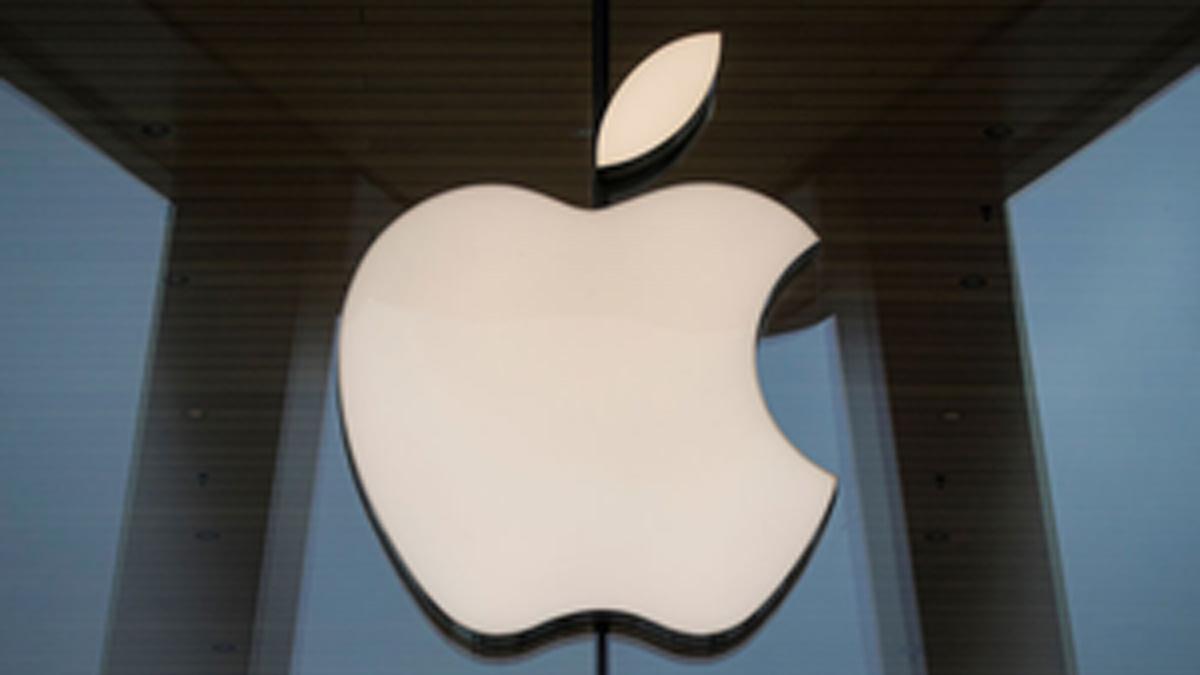Calling it "a toxic media platform", Britain's leading daily Guardian on Wednesday announced that it would stop posting content on Elon Musk-owned social media platform X from its official accounts, a decision that has drawn flak from several quarters, including the American billionaire businessman himself who retaliated strongly by referring to the UK news outlet as "irrelevant" and "a laboriously vile propaganda machine".
Earlier known as Twitter, the reason for doing so is that "often disturbing content" has been found on X, according to the Guardian. The newspaper reported on Wednesday that it is now ceasing to post on any official Guardian editorial accounts on the social media site X.
This is something we've been considering for a long time given the often distressing content promoted or found on the platform, including far-right conspiracy theories and racism, the Guardian, which has more than 80 accounts on X with nearly 27 million followers, said.
"The US presidential election campaign only served to underpin what we've thought for a long time: that X is a toxic media platform and that its owner, Elon Musk, has been able to wield its influence to shape public policy," it said.
It also added that the journalists on *Guardian* will still be able to use X as a reporting tool and the users will be able to share their articles across the network.
The decision came under heavy criticism with several X users, including many Americans, slamming the British news organisation.
Musk himself called the UK daily as "irrelevant" and "a laboriously vile propaganda machine".
"They are irrelevant," he posted while replying to a news report on the Guardian's decision.
But in response to another post by social media commentator James Esses, who damned the *Guardian* as an "enemy of free speech and a proponent of partisan ideology over journalistic integrity", Musk wrote: "They are a laboriously vile propaganda machine".
India too has several times in the past few years criticised the UK daily for misleading reportage.
In December 2012, the MEA had rejected a report published in the Guardian titled 'Counterfeit medicine from Asia threatens lives in Africa'.
"The Government of India would like to state categorically that the report is totally incorrect. No fake medicines have been sent from India to the continent of Africa. Allegations of the nature mentioned in the *Guardian*, when they have surfaced previously, have been investigated both in Africa and in India and have been found to be baseless with the origin of such drugs not being from India," the MEA had stated on December 30, 2012.
Earlier this year, for instance, Chris Blackburn, a prominent British political analyst, had blasted a Guardian editorial on India's general election.
"The Guardian's latest editorial on India's general election clearly indicates bias: 'Indian voters ought to think hard about giving Narendra Modi another popular mandate'. That the foreign press has to pay such a burden. En masse, foreign correspondents must voice their grievances to The Guardian-asking them to stop reporting in such ways. Tell them to put a sock in it," Blackburn posted on X on May 9, 2024.
Read also| Report Highlights India's Semiconductor Sector's Goal to Create 1 Million Jobs by 2026


















